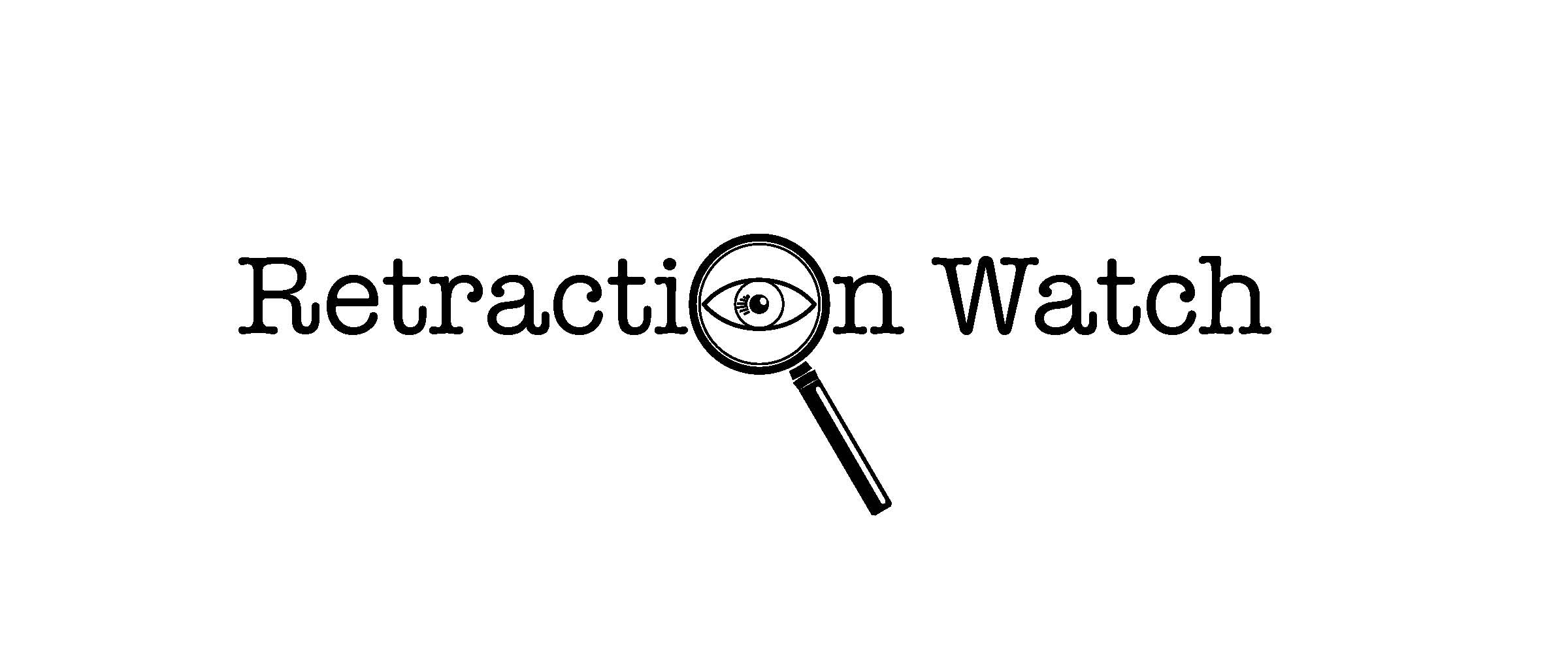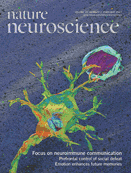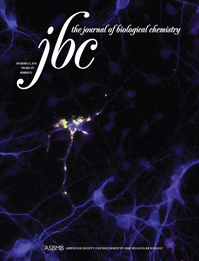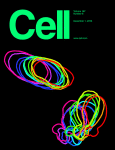 Researchers have retracted a 2016 paper after discovering that they accidentally administered three times the reported dose of anesthesia to rats.
Researchers have retracted a 2016 paper after discovering that they accidentally administered three times the reported dose of anesthesia to rats.
In the Experimental Physiology paper, the authors set out to mathematically map how rats’ blood pressure changes under different conditions, which required the rats to be anesthetized. But their findings were called into question when they found the rats had received a much higher concentration of anesthesia than intended. According to the notice, this higher dose compromised the “objectives of the experiment.”
The corresponding author Karol Ondrias, from the Institute of Molecular Physiology and Genetics at the Slovak Academy of Sciences in Bratislava, told us how the dosing error occurred: Continue reading Researchers mistakenly administer three-fold higher dose of anesthesia
 It takes a lot of work to clean up the scientific literature, and some researchers and organizations deserve special recognition. That’s why we’ve established a “
It takes a lot of work to clean up the scientific literature, and some researchers and organizations deserve special recognition. That’s why we’ve established a “ Several years ago, a group of four chemists believed they had stumbled upon evidence that contradicted a fairly well-established model in fluid dynamics.
Several years ago, a group of four chemists believed they had stumbled upon evidence that contradicted a fairly well-established model in fluid dynamics.
 Only days after his paper was published online, a neuroscientist has posted a comment on PubMed alerting readers to several duplication errors.
Only days after his paper was published online, a neuroscientist has posted a comment on PubMed alerting readers to several duplication errors.

 2013 probably felt like it was going to be a great year for stem cell biologist
2013 probably felt like it was going to be a great year for stem cell biologist 
